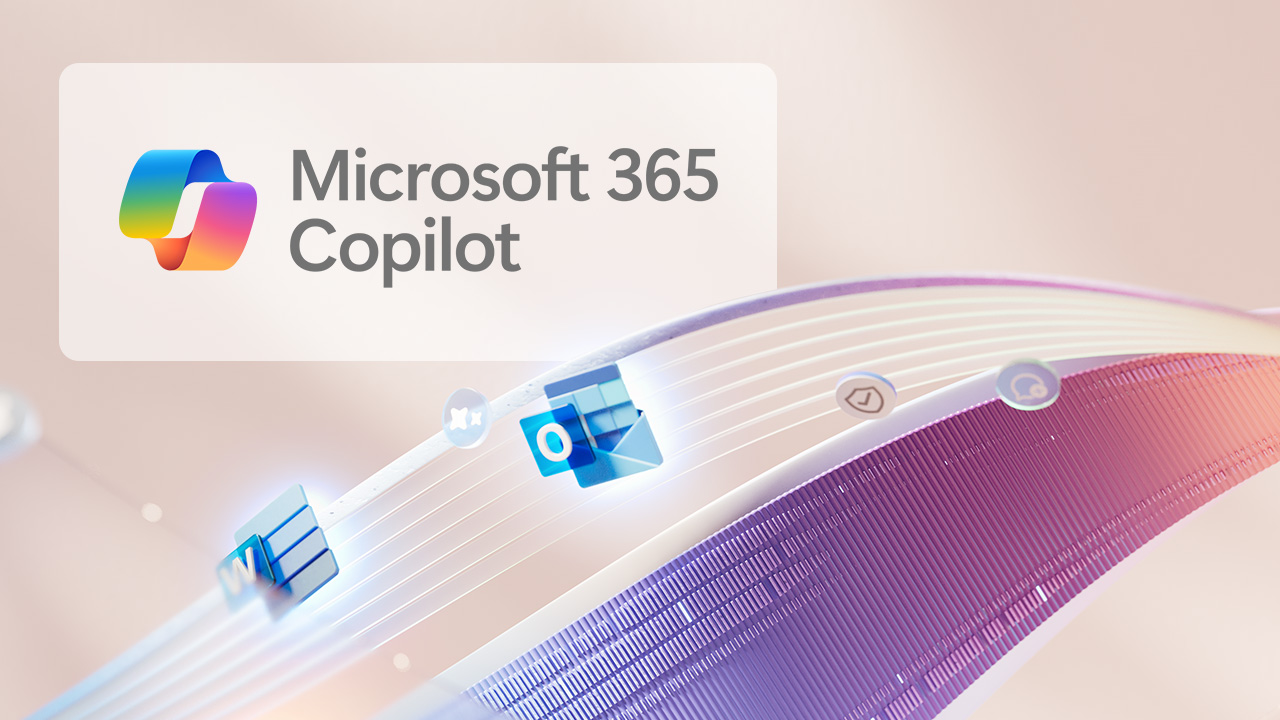EU countries have agreed to step up efforts to improve child protection online by supporting Denmark’s Jutland Declaration. The initiative, signed by 25 member states, focuses on strengthening existing EU rules that safeguard minors from harmful and illegal online content.
However, Denmark’s proposal to ban social media for children under 15 did not gain full backing, with several governments preferring other approaches.
The declaration highlights growing concern about young people’s exposure to inappropriate material and the addictive nature of online platforms.
It stresses the need for more reliable age verification tools and refers to the upcoming Digital Fairness Act as an opportunity to introduce such safeguards. Ministers argued that the same protections applied offline should exist online, where risks for minors remain significant.
Danish officials believe stronger measures are essential to address declining well-being among young users. Some EU countries, including Germany, Spain and Greece, expressed support for tighter protections but rejected outright bans, calling instead for balanced regulation.
Meanwhile, the European Commission has asked major platforms such as Snapchat, YouTube, Apple and Google to provide details about their age verification systems under the Digital Services Act.
These efforts form part of a broader EU drive to ensure a safer digital environment for children, as investigations into online platforms continue across Europe.
Would you like to learn more about AI, tech and digital diplomacy? If so, ask our Diplo chatbot!










